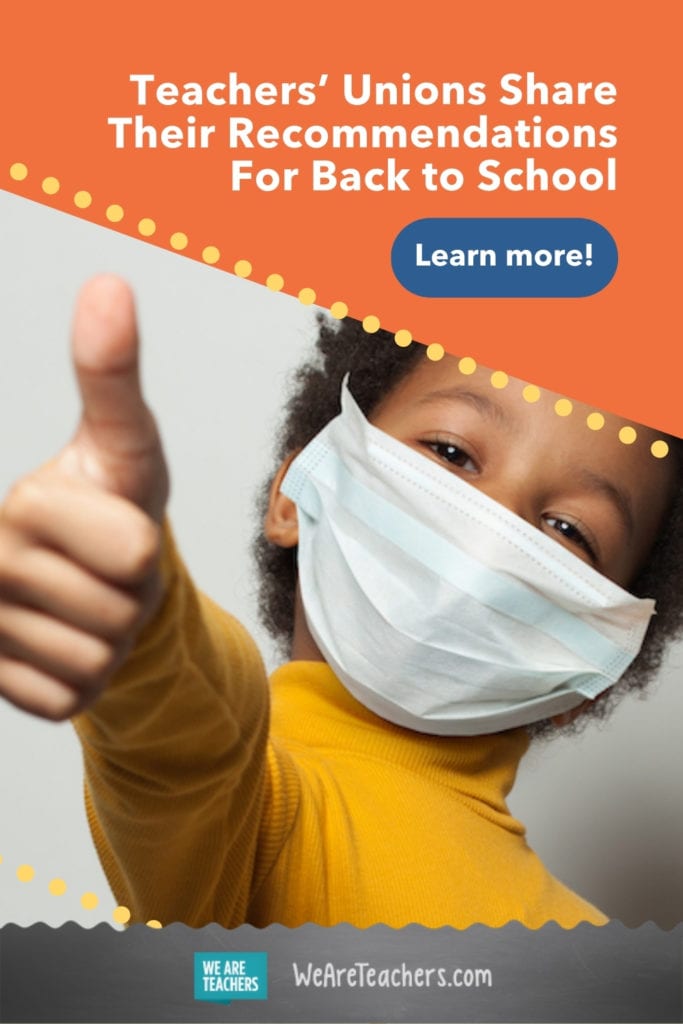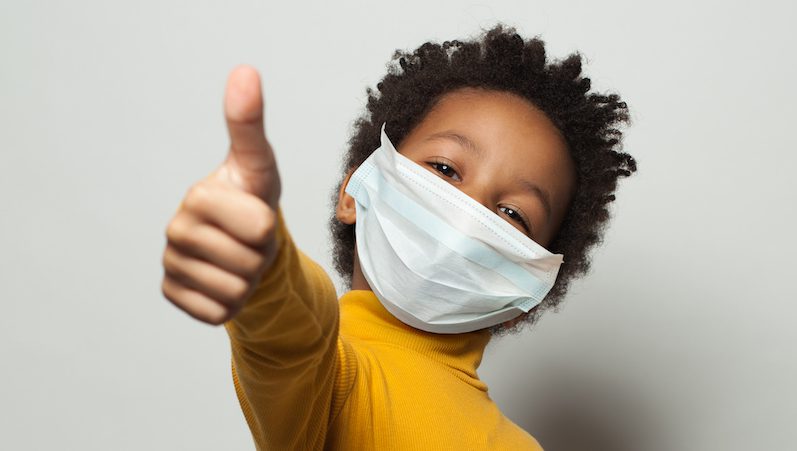As we inch closer to the spring, and more schools are re-opening for in-person learning, the conversation has turned from pandemic teaching to learning loss. “The COVID-19 Slide” has become yet another education buzzword that we never want to hear or see again. When we saw that The American Federation of Teachers and The National Education Association released an eighteen-page document titled Learning Beyond Covid-19, A Vision For Thriving In Public Education, we worried that it would be more of the same. But it isn’t. Instead, they took a different approach: the pandemic is an opportunity to create the public schools all of our students deserve. Here are their recommendations and hopes for the future.
Let’s take a strengths-based approach to this teachable moment
It’s easy to get caught up in negativity. We can’t control the pandemic’s impact on teaching and learning. But we are doing ourselves and our kids a disservice if we look ahead with defeat and pessimism. It’s encouraging that the unions recommend we take a strengths-based approach to post-pandemic learning. The unions caution against using terms like “learning loss” and “COVID-19 Slide.” In the report: “terms like this have become popular, but are misguided. Because they are deficit-oriented, they diminish our students and paint an inaccurate picture of how deep and purposeful learning occurs.”
Yes. This. All of it. Ask any teacher how they plan to make up for learning loss, and that they’ll tell you they’re going to meet their kids where they are just like they always do. They will tell you that they’d rather focus on what students have gained: resilience–instead of what they lost: coming to school. The unions aren’t dismissing that learning is lost. But focusing on that isn’t going to get us anywhere. Instead, the unions see this moment as an opportunity to strengthen our public schools.
[contextly_auto_sidebar]
Let’s broaden and create alternatives to how we assess our students
Of course, we need to find out what students know and don’t know. Assessments are part of teaching and learning, pandemic or not. But, we can’t move forward “business as usual.” In the report, the unions write that standardized tests were already problematic and are especially problematic now. “Standardized test scores have never been a valid, reliable or complete measure of an individual’s instruction, nor do they accurately measure what students know and are able to do.”
Thank you. This needed to be said, and it’s time for a change. The unions recommend that we shift our focus from high-stakes standardized testing to well-rounded authentic assessments. Some of the examples they give are community surveys, town halls, student mental health screenings, and school climate surveys. Figuring out what support students and teachers need is at the heart of the unions’ recommendations, and we are here for it.
Let’s prioritize and meet the needs of our most vulnerable students
The pandemic impacted every student regardless of age, race, gender, socio-economic status, etc. But some students were especially vulnerable. English language learners, students with special needs, our youngest learners, and students experiencing homelessness, food and economic security, challenges in family relationships, and other traumas need to be prioritized. One of my biggest takeaways from these recommendations is that the unions value a holistic approach to change in education.
Teachers already knew how a student’s life outside of school can greatly impact their ability to learn in school, but education policies haven’t always reflected that. This, the unions argue, needs to change. They suggest recruiting and hiring more specialized instructional support like therapists, speech-language pathologists, school psychologists, behavioral specialists, and school nurses. More tutoring and one-on-one support. Access to healthy and nutritious meals. Legal guidance for schools, and more.
Let’s give students opportunities to reconnect and keep learning this summer
There’s a big debate going on right now about whether or not students should go to school to make up for learning loss this summer. Some argue, absolutely not! Teachers need to rest and recharge, and kids do too. Others believe it is the only way to get everyone back on track (whatever that means!). The union’s recommendation? “Summer provides an opportunity to re-establish relationships between teachers and students and to address trauma and social-emotional learning needs.” They are in favor of camp-like experiences that provide enrichment and activities for kids. All of this, they suggest, is voluntary and will require compensation for teachers.
Let’s take a more inclusive approach to PD
Professional development is often focused on teachers, but 1/3 of school employees are not teachers, the report cites. Educating our kids is a partnership and can’t lie only on teachers’ shoulders. “Student growth and success will depend on an inclusive approach. So often teachers feel like they are the teacher, the therapist, the social worker, the coach, etc. It’s one of many reasons why teachers burnout. One of their top recommendations: federal funds that support job-embedded PD for all school professionals. Also, PD that goes beyond teaching and learning, but also focuses on equity, racial and social justice, and community engagement.
The bottom line: a strengths-based and holistic approach is what’s needed. This is an opportunity for us to move forward and make changes in public education, so all our students are able to thrive. While the pandemic has challenged all of us, we’re glad that returning to “normal” isn’t good enough or even an option. Teachers deserve more. Kids deserve more. We can talk about learning loss and the “COVID-19 Slide” all day long, or we can take these recommendations and get to work.
Plus, check out New Study Shows Students Learning Online Are More Stressed Than Their In-Person Classmates.
Want to hear more from WeAreTeachers? Be sure to subscribe to our newsletter so you can get our latest picks.


